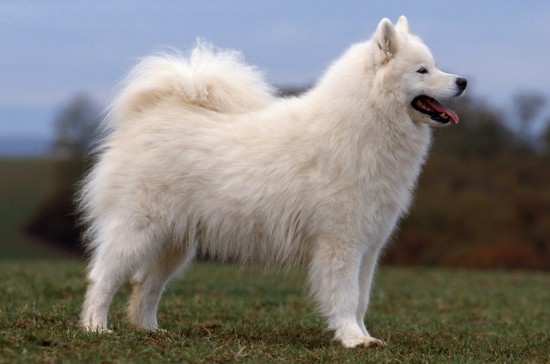Halitosis, or bad breath, is as an bothersome scent a bulk of dog lovers begrudge. Bad breath in dogs is a typical pet smell issue. Causes are normally related to the plaque on the teeth and gums and fortunately are hardly ever a manifestation of other much more critical diseases. Plaque rapidly hardens and results in in the accumulation of calculus on the teeth and this is the principal trigger of gum inflammation. This happens to some extent in all dogs over the age of 2.
A dog's oral cavity sustains an eco-system of bacteria. The most prevalent cause of halitosis is the presence of abnormal amounts of damaging bacteria resulting in periodontal disease. Bacteria are drawn to the tooth surface in hours of a dog's teeth getting cleaned. Within just days, the plaque will become mineralized producing calculus. As plaque ages and gingivitis evolves into periodontitis (bone loss), bacteria changes from relatively irritating strains to bone destroying types which create hydrogen sulfide producing halitosis.
Advanced stages of periodontal disease are painful and dogs can endure a great deal of pain. It is essential to remember a dog's biology differentiates between acute pain and persistent pain. Dogs will deliberately try to conceal pain from injury such as broken bones and decaying teeth, this is a survival mechanism remnant from their wolf days defending them from appearing vulnerable to predators. Signs that your dog is suffering from pain can be troubles chewing hard food, others may be the dog pawing at their mouths. Regrettably most will not show any signs.
Halitosis is quickly diagnosed by smelling your dog's breath. If there is a disagreeable odor, halitosis is present. If the dog's bad breath continue to persist or steadily becomes worse after the teeth cleaning treatments are done a veterinarian examination is necessary. If the a diagnosis is not obvious after oral examination, blood tests will be considered to check for internal disease.
Effective halitosis remedies vary depending on the cause, this means the severeness of the plaque and tarter on the teeth and gums including infection. There are 4 accepted phases of periodontal disease. The first two (early gingivitis and advanced gingivitis) are dealt with by dog teeth cleaning products formulated with natural anti-bacterial substances, these products are chiefly available directly from online dog nutrition businesses. As the disease advances bone loss occurs causing periodontitis which may possibly involve surgery or tooth extraction.
Antibiotics may be employed to destroy periodontal disease causing bacteria. Normally the antibiotics are utilized in a pulse therapy style (given the first five days of each month). Oral rinses formulated with chlorhexidine are helpful. Odor neutralization of hydrogen sulfide occurs with the use of zinc citrate.
Once the actual periodontal disease has been dealt with, your dog's halitosis will disappear. Nonetheless prevention is always a significantly superior approach for coping with your dog's oral health. Modern approaches to dog health care are no longer limited to the veterinarian profession. New organizations specializing in the nutrition and health of dogs are also committed to instructing owners on their conclusions. As a result these enterprises online forums make it possible for dog owners to locate ground breaking methods for preventing and treating conditions such as periodontal disease.

 5 Reasons to Hire a Dog Walker
5 Reasons to Hire a Dog Walker
As the owner of
5 Reasons to Hire a Dog Walker
5 Reasons to Hire a Dog Walker
As the owner of
 What To Look For When Choosing A Vet For Your Cat
What To Look For
What To Look For When Choosing A Vet For Your Cat
What To Look For
 Why Has My Dog’s Coat Changed Colour?
Why Has My Dog’s
Why Has My Dog’s Coat Changed Colour?
Why Has My Dog’s
 8 Breeds Of Dog Prone To Developing Cancer
8 Breeds Of Dog P
8 Breeds Of Dog Prone To Developing Cancer
8 Breeds Of Dog P
 Getting Veterinary Care For Exotic Pets
Getting Veterinar
Getting Veterinary Care For Exotic Pets
Getting Veterinar